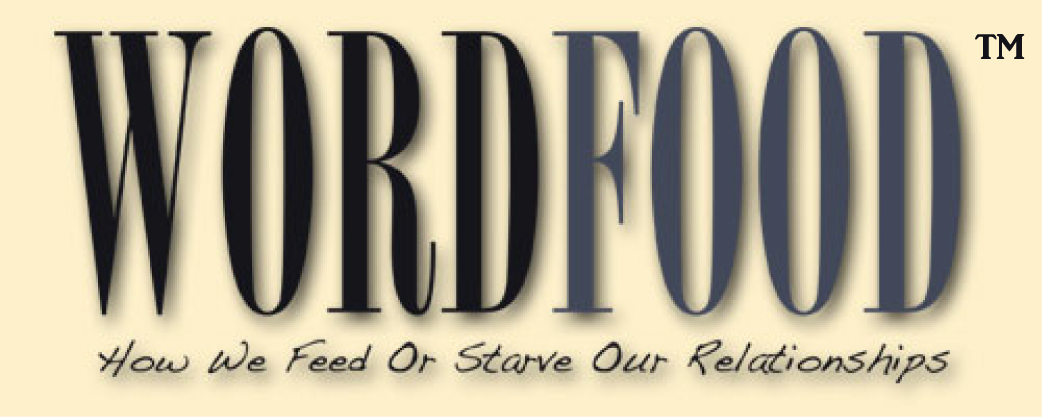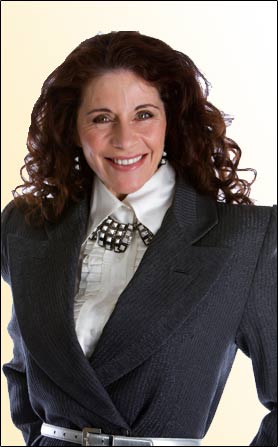A few hours ago I had a conversation with a friend who was beating herself up over a son who was having some challenges. This woman felt responsible for his life- although he is now thirty- and she continues to bail him out of constant problems from half a country away. She is angry at herself because she can’t save him, because he’s a troubled person, because of a laundry list of crimes she imagines.
This internal dialogue has cost her a great deal. She has put on fifty pounds. Once a svelte size 8, she now is a size 16-18. She berates what she sees in the mirror. She has a gym membership she never uses. She has a husband who cooks food that adds to the problem. Her ex-husband and daughter rail at her for her commitment to the troubled son.
What I saw was someone who was drawing a set of circumstances to her to provide a wonderful opportunity to grow. To set boundaries. To make some powerful choices about life and love and food and family and bad habits. In her early sixties, this woman has plenty of time to make some fundamental, important changes, changes that will take time and patience, starting with how she addresses herself in the mirror every morning. Because it isn’t about the son or the family or the food or the body, it is about her relationship with herself, and how she chooses to live out her last thirty years- in slavery to the habits of a lifetime, or learning to live life for herself.
Her son needs help, but not from her. The dynamics are toxic. He can get professional help where he is. She is going to start walking. And go back to the gym. Swtich from heavy carbs to more salads. One small step at a time. But it all starts with the respect offered to the image in the mirror. A boundary set with the part that wants to criticize the image.
Family isn’t perfect. Boundaries are important. Set with loving WordFood they can save a life, put us back on track to self respect and peace.


WordFood of Tolerance
My best friend Lori sent me a piece by Ben Stein this morning which addressed the need for God and religion in our society, our schools, and in our lives. His comments had been featured on CBS on Sunday morning and been sent around the Internet, and part of his comment was that because the email was about God, it was likely not to be forwarded as much as lewd jokes or cartoons. He has a point.
In my book WordFood I talk about how it’s easy to be consumed by popular culture, by tabloids, gossip, distractions. This is what I call Junk Food. Like potato chips and other snacks, it’s addictive, fun to consume, fattening, and extremely bad for you. Ultimately it takes up precious space in the mind where more positive, nutritious information could be building us: education, professional and personal development, motivational tapes that challenge you to a higher quality of thinking. And yes, religious study, whatever that may look like to you.
Every one of us is animated by something larger, some gift, that gives us life. And I believe powerfully that while we have life, we owe a good life to the power that gave us that life. Most of us were brought up within some kind of belief system. Some of us go find something that speaks to us more personally. Some create a system by which we establish a discipline, and this is the key word here, to live, worship, and respect others’ way of being in the world. But whatever that practice may be, it involves a discipline of mind, and a humbling of oneself to a greater power, and an effort to see that good that exists in all humankind.
To the extent that we are insistent upon filling our minds with Junk Food about celebrities who are less than stellar, about sports figures who take drugs, we miss out on the everyday heroes who people our neighborhood. There is much to study about ourselves that is valuable. To fill our minds with how to be better citizens and life students and better friends.
There is absolutely nothing wrong with a little Junk Food now and then. Even I know how Kim Kardashian is, if only because I stand too long in the 15 item line. It just seems to me that given the great variety and beauty of sacred texts in the world, and how they exhort us to treat each other with respect, perhaps this might be balancing fare to the ugliness of “Survivor: The Phillipines.”
What we feed our minds informs our language. It informs how we treat each other every day. Road rage is the result of a daily diet of stress, a lack of graciousness and the need to be right no matter what. And people are dying because someone gets cut off a few inches in traffic.This isn’t us.
Whether we read a Bible, a Koran, a Torah or any other sacred text, it grounds is in what is truly important in life: respect for life, humility for our place in the vastness of all of Creation, and a hope that we can make a difference.
When it comes to the intensely private and personal issue of what we all are guided by, this is an unknowable. But I can say this: that a change in our WordFood Diet is a fine thing when we want to change the way we perceive, and are perceived, in the world.